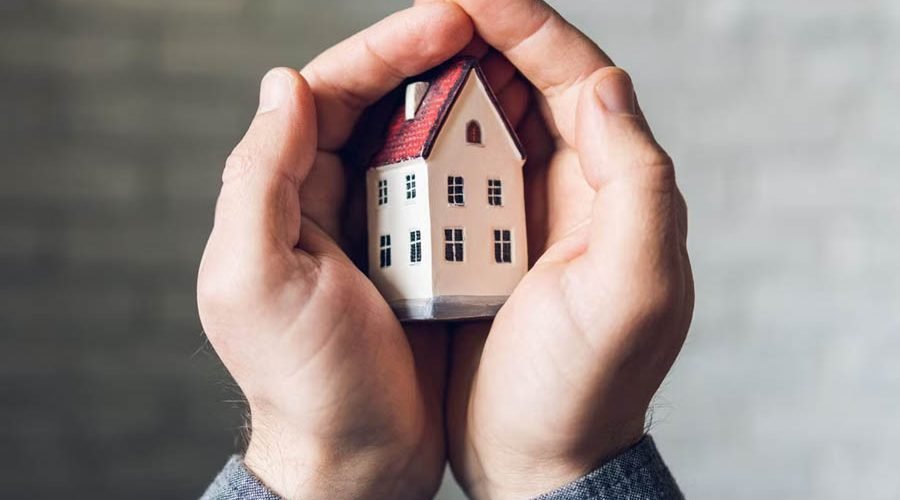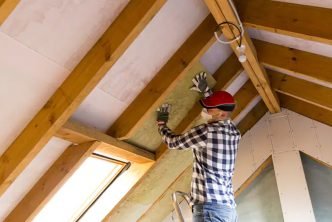When it comes to your home, there are several regulatory and compliance measures that you have to abide by. Whether it has to do with your property’s overall condition or a specific aspect like its utility, failure to comply with local laws can result in fines and other legal issues. If you’d like to know how compliant your house is with local electricity regulations, hiring the right professionals like Electrician Conway, SC, can help you identify issues that need to be handled.
Table of Contents
Electricity Safety & Compliance
Depending on where you live, there will be a government body responsible for ensuring that the electricity supply to residential homes meets certain standards. Even when such oversight is done by a private entity like a cooperative, there is always some government control involved. Ensuring compliance is not only for record-keeping and taxation purposes but also for the public’s safety. Fires due to electrical issues can be very devastating, accounting for scores of lives lost and millions of dollars worth of property damage each year.
Each jurisdiction has a body that lays out the expected standards of electrical connections to private homes, ensuring a certain level of uniformity as far as electricity supply goes.
What an Electrician Can Do
Electricians are those whose job it is to ensure that the electricity supply to a residence is in order. The main duties of an electrician include:
i)Identifying electrical issues by reading blueprints and diagrams
ii) Repairing and installing the wiring in a house or building
iii) Planning the layout of electrical fixtures like bulbs and outlets
The above tasks represent the core duties of an electrician. Of course, they can also specialize in one type of electrical work. For instance, electricians that focus solely on handling electrical issues for residential buildings cannot offer such services in industrial settings.
These core duties of an electrician are essential for every homeowner as far as safety and compliance go.
So, how do these duties help to ensure safety and compliance?
1)Identifying Wiring Issues
A major part of compliance with electricity safety regulations is proper wiring. If a house has been wired poorly, this increases the risk of a short circuit occurring. Short circuits can lead to fires, thereby putting residents at risk of physical injuries or death.
Even when a house is properly wired, it doesn’t hurt to have yearly inspections performed. A house that has had the same wiring for, say 25 years, may require rewiring. Only a highly-competent electrician can spot the issues that may require a rewiring. Similarly, houses that are decades old may still need rewiring. This is because the wiring in such houses may not be compatible with some of the latest electrical appliances. This means that installing the latest appliances in such houses may violate the local safety code.
In addition to obeying compliance laws, rewiring can also be beneficial by helping to increase a house’s energy efficiency. This will lead to reduced energy bills.
2) Installing Safety Features Like Smoke Alarms
Electricians help to ensure compliance with local safety regulations by installing smoke alarms. These gadgets are now mandatory in virtually all modern buildings. They offer protection, offering crucial warnings at the first signs of a fire. Smoke alarms come in different designs, meaning that one type may be unsuitable for a particular house. An electrician is trained to select and install the right kind of smoke alarm for a building. In addition to this, electricians are also tasked with verifying that a smoke alarm is in good working order in accordance with safety and compliance laws.
Can You Perform Electricity Compliance Checks Without an Electrician’s Help?
Many homeowners are tempted to carry out the necessary electricity maintenance checks for safety and compliance purposes. However, this is ill-advised. Without the right training and qualifications, such a homeowner is unlikely to know what to do. While there are some simple things a homeowner can do to promote electrical safety, like following appliance instructions and unplugging them when not in use, only electricians are allowed to perform the needed electricity compliance checks.
Handling electricity in any way can be dangerous. That’s why electricians undergo rigorous training to ensure that they know exactly what to do.
Using the services of a qualified electrician to keep your property safe is often a requirement in many jurisdictions. The electrician will then be required to submit an official report detailing their findings. Such a report may be required for future reference. For example, should your property ever catch fire due to an electrical malfunction, such a report can be used as the basis for any investigation to determine the cause and fault.





